Search
Items tagged with: TheUniverse
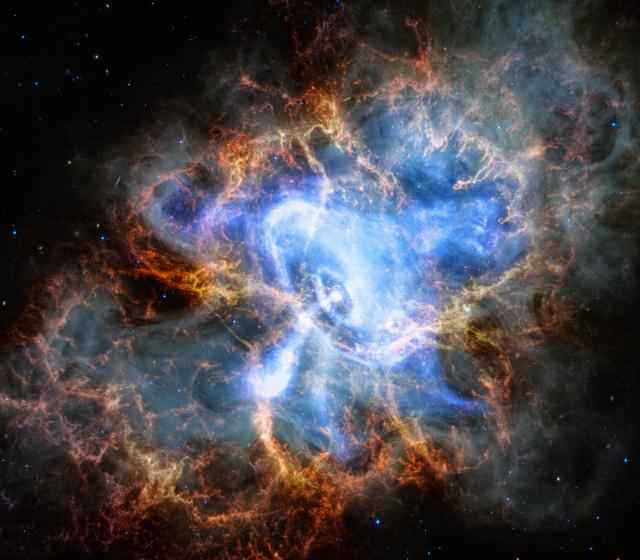
NASA's Chandra Releases Doubleheader of Blockbuster Hits - NASA
New movies of two of the most famous objects in the sky — the Crab Nebula and Cassiopeia A — are being released from NASA’s Chandra X-ray Observatory. EachLee Mohon (NASA)
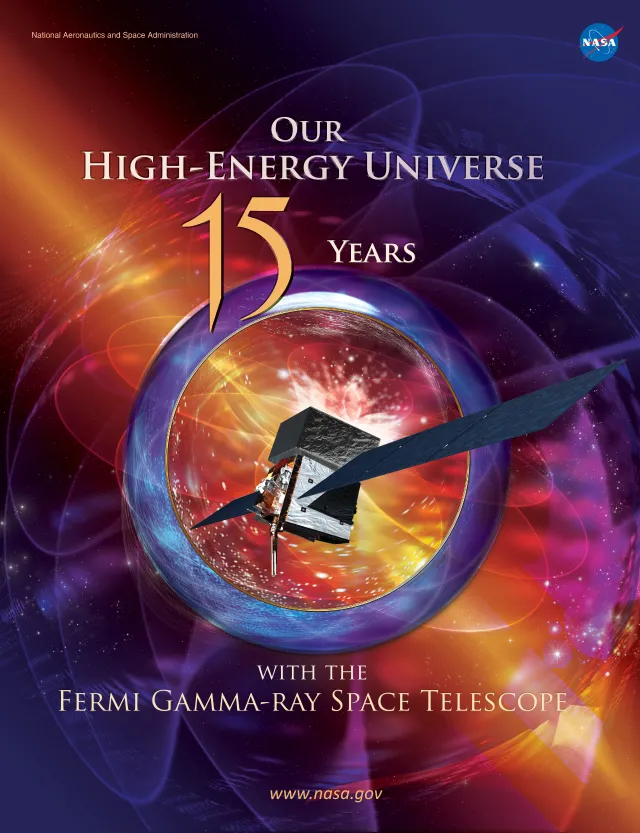
Explore the Universe with the First E-Book from NASA’s Fermi - NASA Science
To commemorate a milestone anniversary for NASA’s Fermi spacecraft, the mission team has published an e-book called “Our High-Energy Universe: 15 Years with the Fermi Gamma-ray Space Telescope.science.nasa.gov
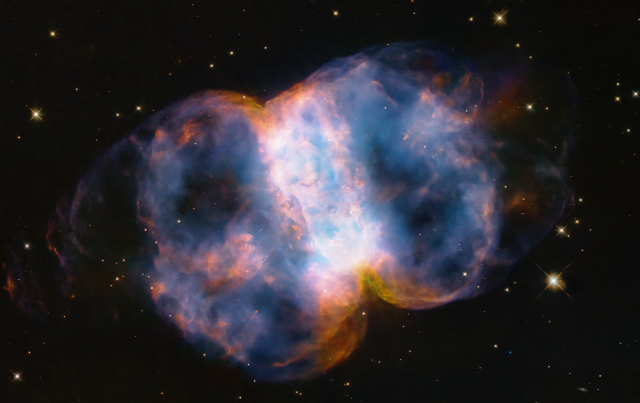
Hubble Celebrates 34th Anniversary with a Look at the Little Dumbbell Nebula - NASA Science
In celebration of the 34th anniversary of the launch of NASA’s legendary Hubble Space Telescope on April 24, astronomers took a snapshot of the Little Dumbbell Nebula (also known as Messier 76, M76, or NGC 650/651) located 3,400 light-years away in t…science.nasa.gov
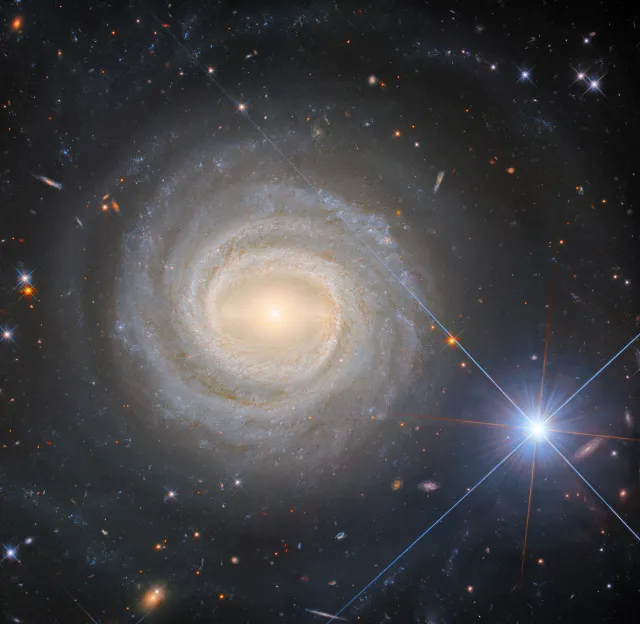
Hubble Captures a Bright Galactic and Stellar Duo - NASA Science
This image from the NASA/ESA Hubble Space Telescope features NGC 3783, a bright barred spiral galaxy about 130 million light-years from Earth that also lends its name to the eponymous NGC 3783 galaxy group.science.nasa.gov
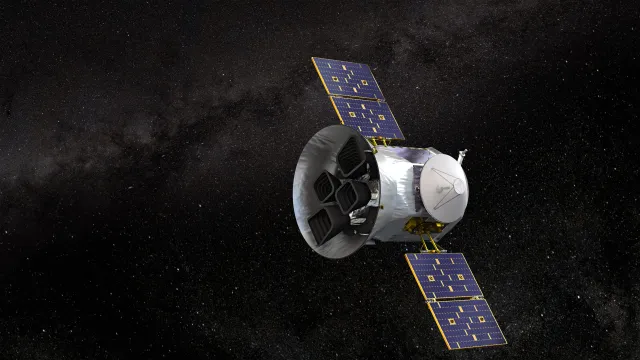
NASA’s TESS Returns to Science Operations
NASA’s TESS (Transiting Exoplanet Survey Satellite) has returned to work after science observations were suspended on April 8, when the spacecraft entered into safe mode.science.nasa.gov
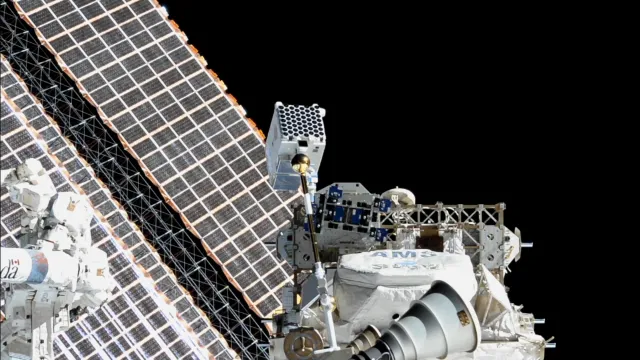
Astronauts To Patch Up NASA’s NICER Telescope
NASA is planning to repair NICER (Neutron star Interior Composition Explorer), an X-ray telescope on the International Space Station, during a spacewalk later this year. It will be the fourth science observatory in orbit serviced by astronauts.science.nasa.gov
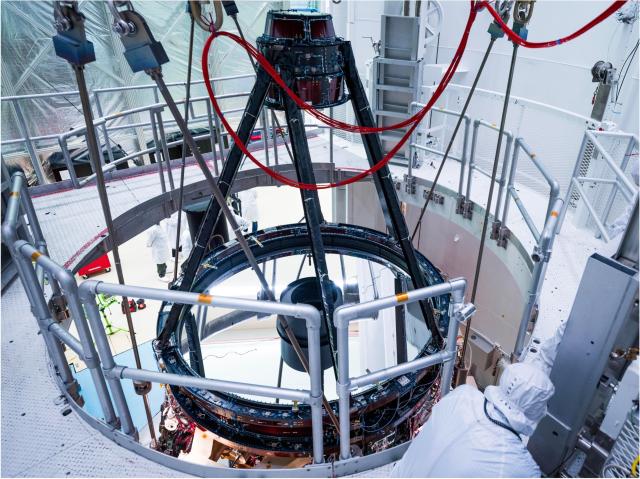
NASA’s Roman Space Telescope’s ‘Eyes’ Pass First Vision Test - NASA
Engineers at L3Harris Technologies in Rochester, New York, have combined all 10 mirrors for NASA’s Nancy Grace Roman Space Telescope. Preliminary tests showAshley Balzer (NASA)
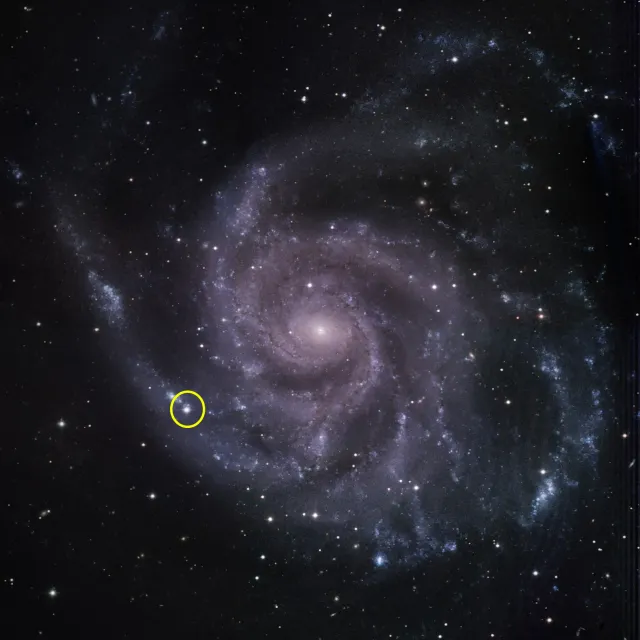
NASA’s Fermi Mission Sees No Gamma Rays from Nearby Supernova
A nearby supernova in 2023 offered astrophysicists an excellent opportunity to test ideas about how these types of explosions boost particles, called cosmic rays, to near light-speed.science.nasa.gov
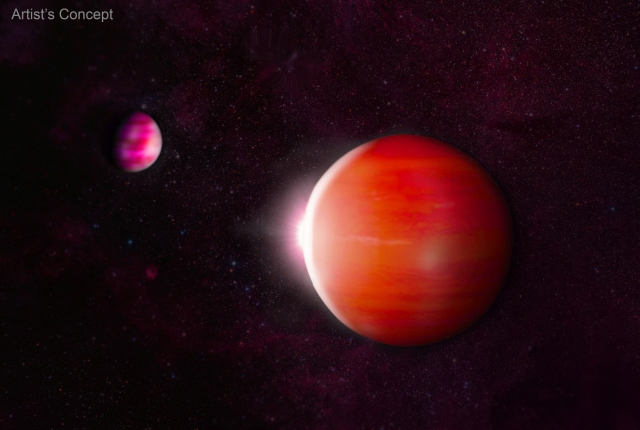
A Solar Neighborhood Census, Thanks to NASA Citizen Science
To take a census of nearby cosmic objects, sending out a survey won’t work. Scientists need to use many telescopes with different specializations to chart what is in the general neighborhood of the Sun.science.nasa.gov
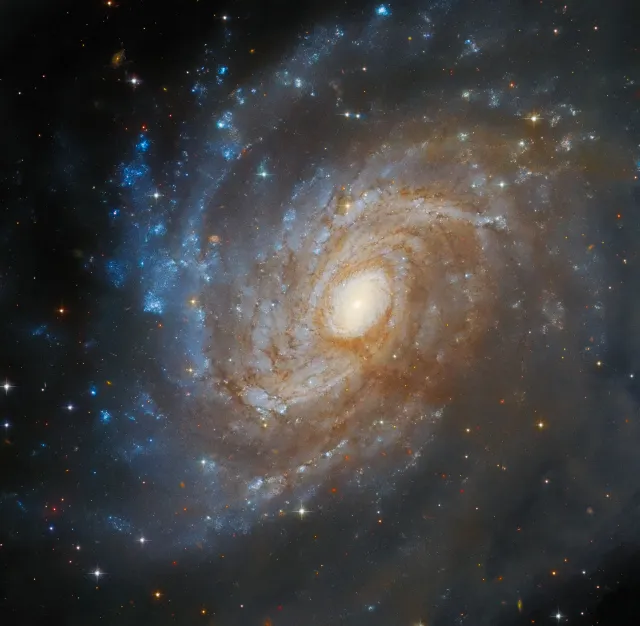
Hubble Spots a Galaxy Hidden in a Dark Cloud
The subject of this image taken with the NASA/ESA Hubble Space Telescope is the spiral galaxy IC 4633, located 100 million light-years away from us in the constellation Apus.science.nasa.gov
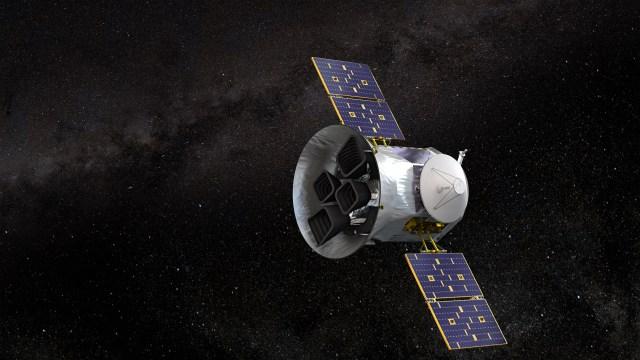
NASA’s TESS Temporarily Pauses Science Observations
NASA’s TESS (Transiting Exoplanet Survey Satellite) entered into safe mode April 8, temporarily interrupting science observations. The team is investigating the root cause of the safe mode, which occurred during scheduled engineering activities.science.nasa.gov
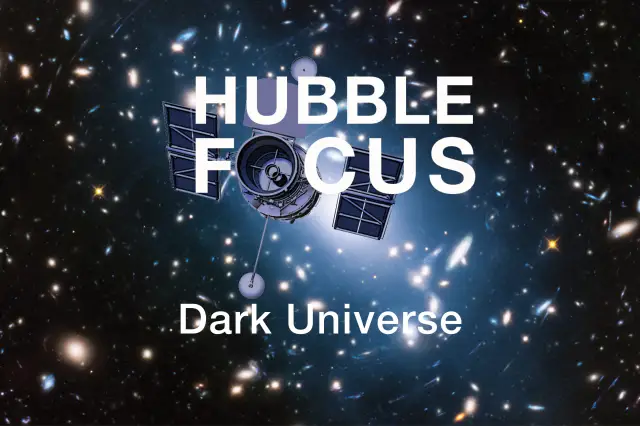
NASA’s New Hubble E-Book Spotlights Universe’s Best-Kept Dark Secrets
NASA’s Hubble Space Telescope team has released a new downloadable e-book in the Hubble Focus series, called “Hubble Focus: The Dark Universe.science.nasa.gov
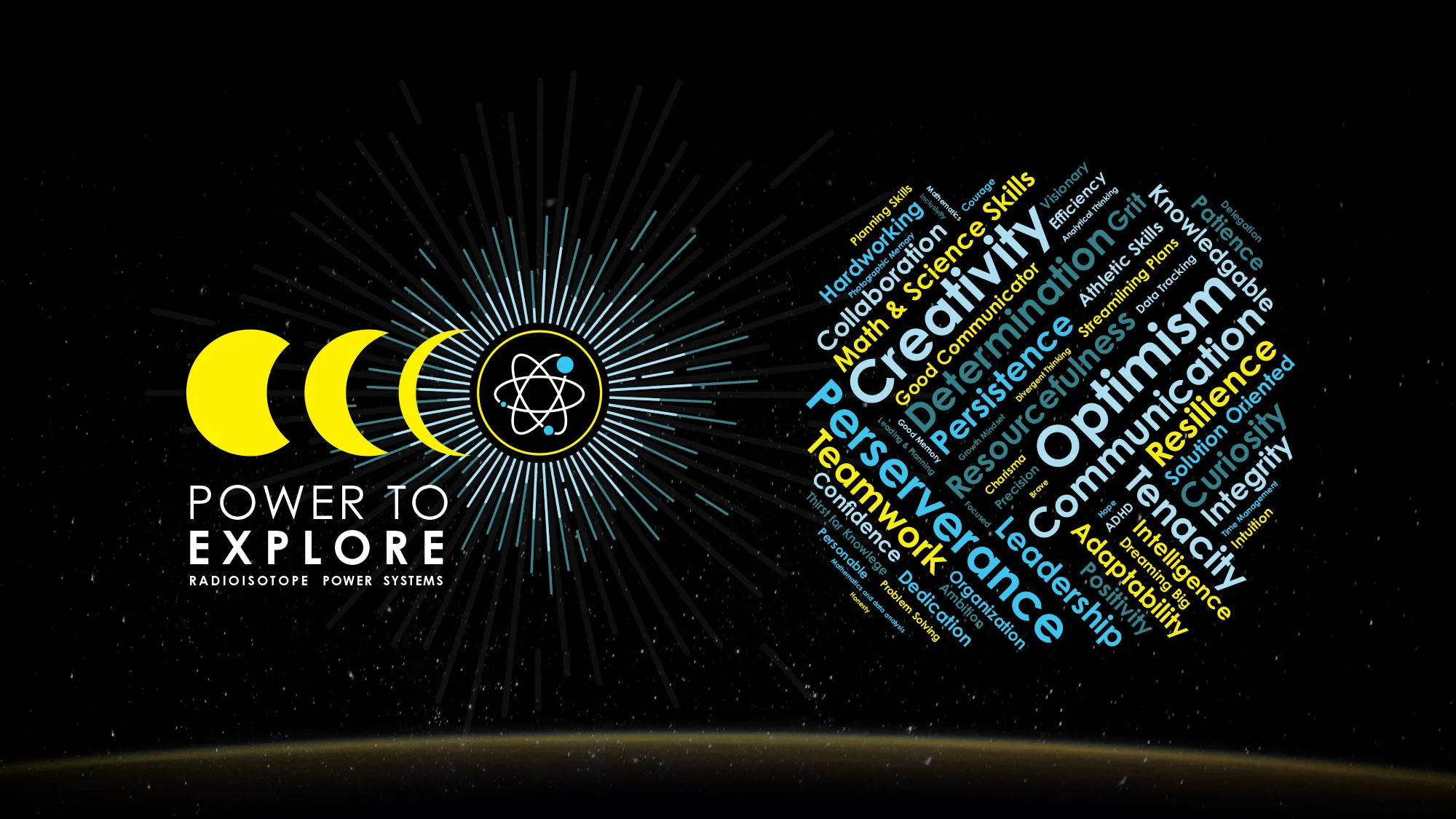
NASA Names Finalists of the Power to Explore Challenge - NASA
NASA selected nine finalists out of the 45 semifinalist student essays in the Power to Explore Challenge, a national competition for K-12 students featuringPhil Davis (NASA)
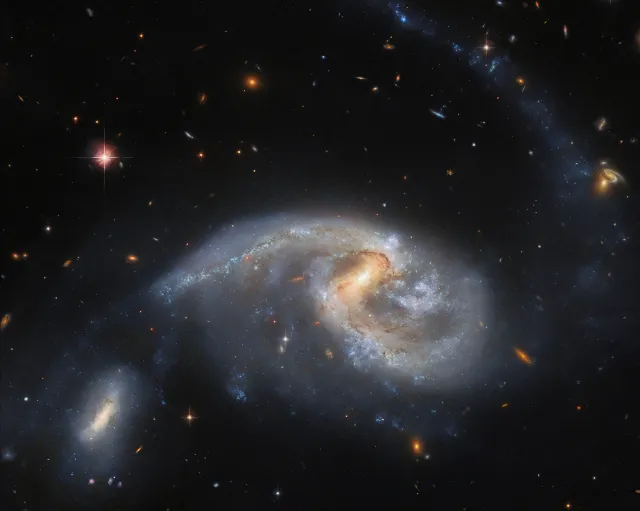
Hubble Peers at Pair of Closely Interacting Galaxies
This image from the NASA/ESA Hubble Space Telescope features Arp 72, a very selective galaxy group that only includes two galaxies interacting due to gravity: NGC 5996 (the large spiral galaxy) and NGC 5994 (its smaller companion, in the lower left o…science.nasa.gov
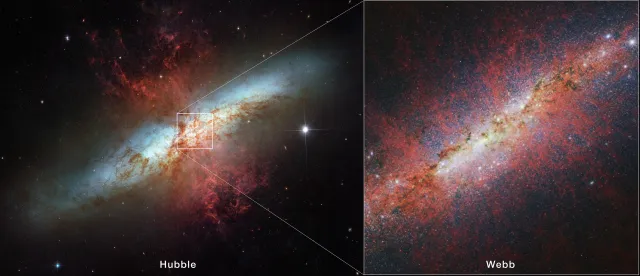
NASA’s Webb Probes an Extreme Starburst Galaxy
Amid a site teeming with new and young stars lies an intricate substructure. A team of astronomers has used NASA’s James Webb Space Telescope to survey the starburst galaxy Messier 82 (M82).science.nasa.gov
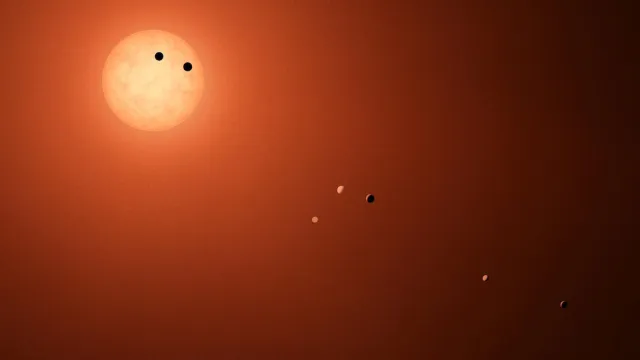
That Starry Night Sky? It's Full of Eclipses
Stars and their planets make their own eclipses – important scientific tools for detecting and characterizing exoplanets.science.nasa.gov
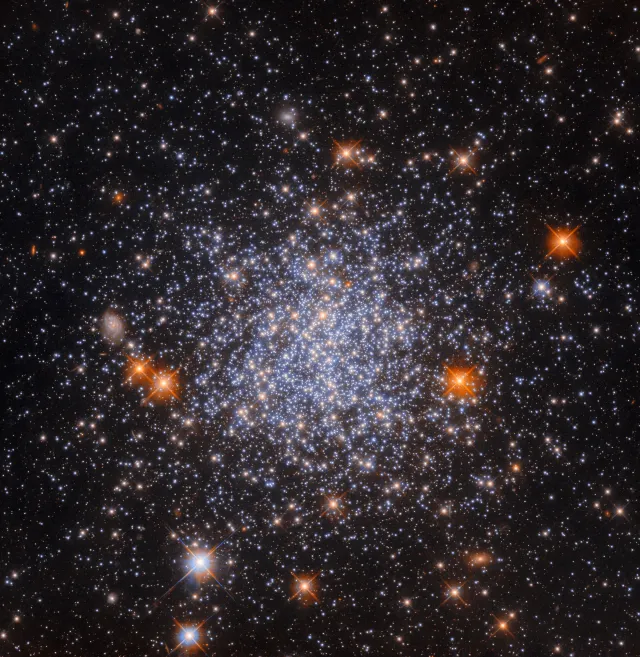
Hubble Finds a Field of Stars
This image from the NASA/ESA Hubble Space Telescope shows a globular cluster called NGC 1651. Like another recent globular cluster image, NGC 1651 is about 162,000 light-years away in the largest and brightest of the Milky Way’s satellite galaxies, t…science.nasa.gov
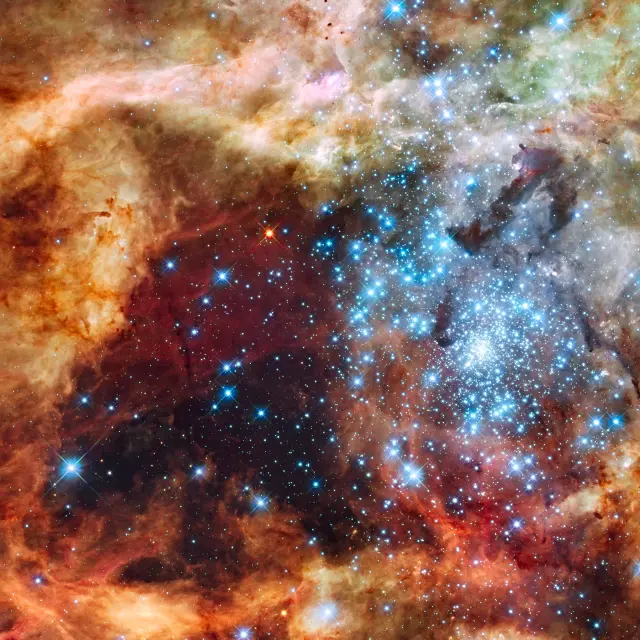
Three-Year Study of Young Stars with NASA's Hubble Enters New Chapter
In the largest and one of the most ambitious Hubble Space Telescope programs ever executed, a team of scientists and engineers collected information on almost 500 stars over a three-year period.science.nasa.gov
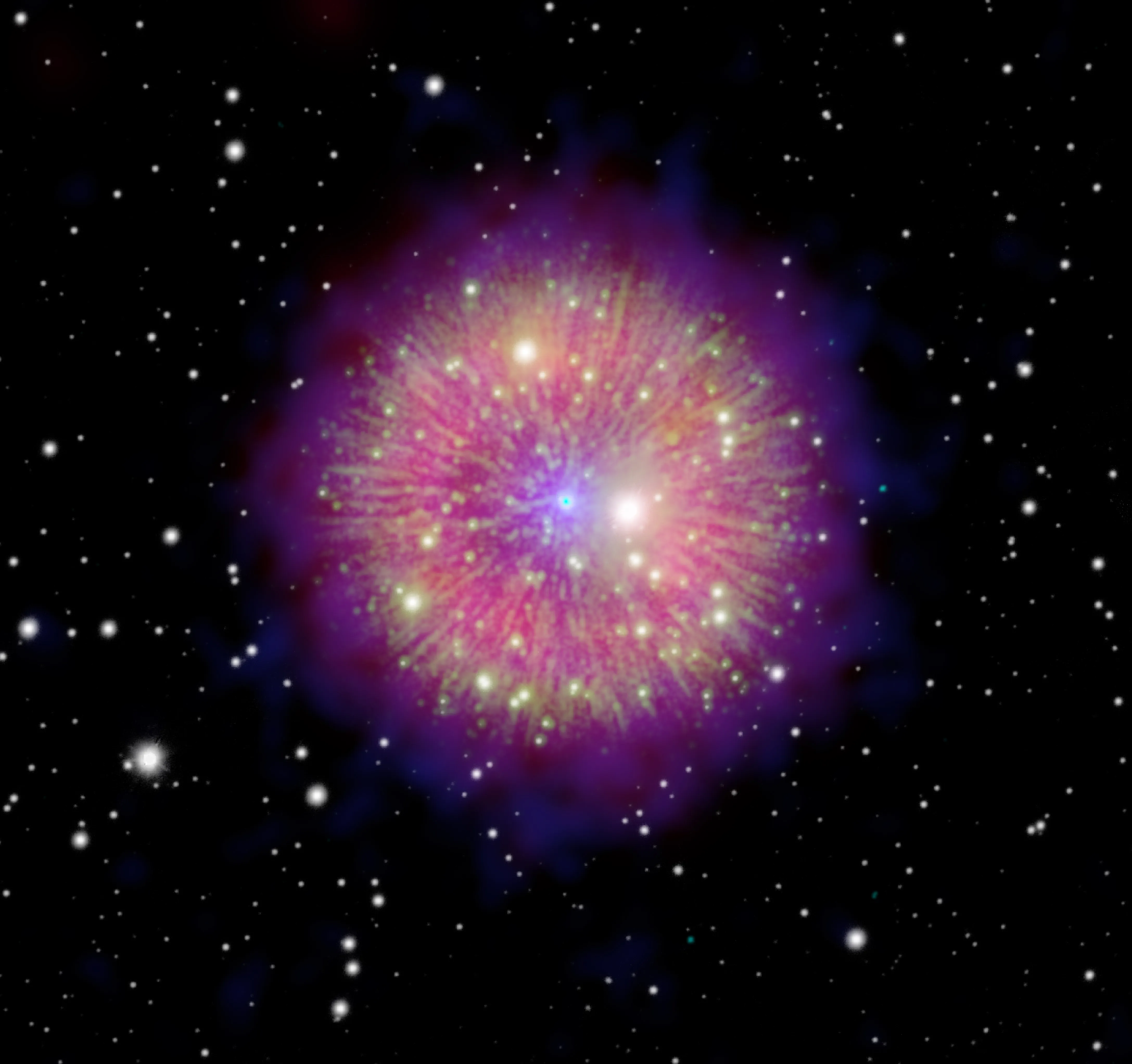
Stunning Echo of 800-year-old Explosion - NASA
In the year 1181 a rare supernova explosion appeared in the night sky, staying visible for 185 consecutive days. Historical records show that theNASA
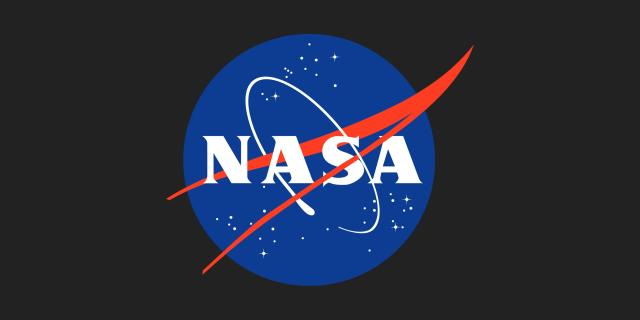
Hubble Sees New Star Proclaiming Presence with Cosmic Lightshow
Jets emerge from the cocoon of a newly forming star to blast across space, slicing through the gas and dust of a shining nebula in this new image from NASA’s Hubble Space Telescope.science.nasa.gov
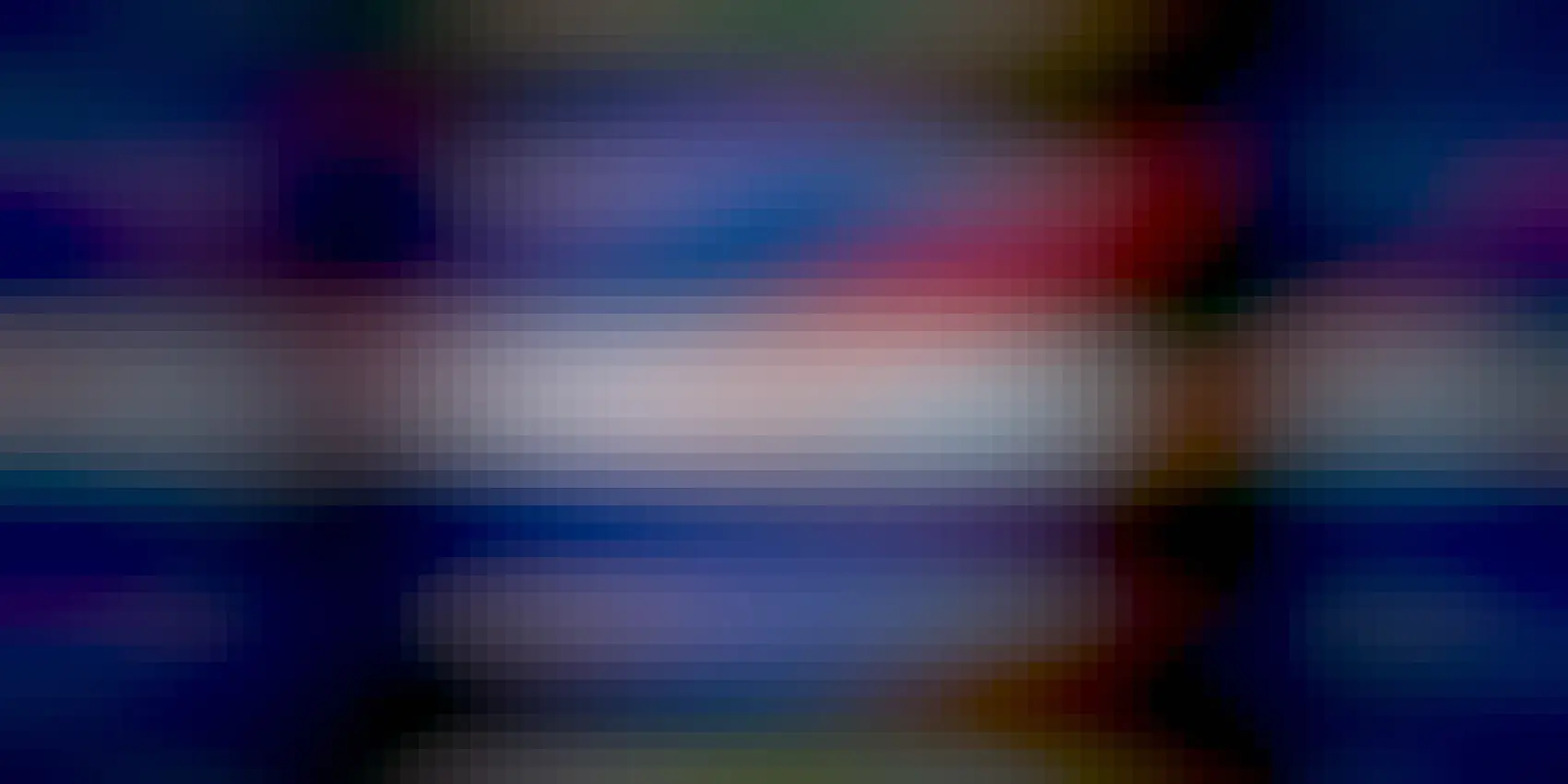
Hubble Spots the Spider Galaxy
This image from the NASA/ESA Hubble Space Telescope shows the gauzy-looking celestial body UGC 5829, an irregular galaxy that lies about 30 million light-years away.science.nasa.gov
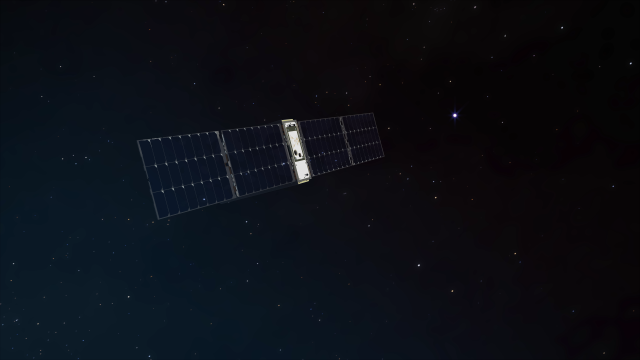
NASA’s Tiny BurstCube Mission Launches to Study Cosmic Blasts
NASA’s BurstCube, a shoebox-sized satellite designed to study the universe’s most powerful explosions, is on its way to the International Space Station.science.nasa.gov
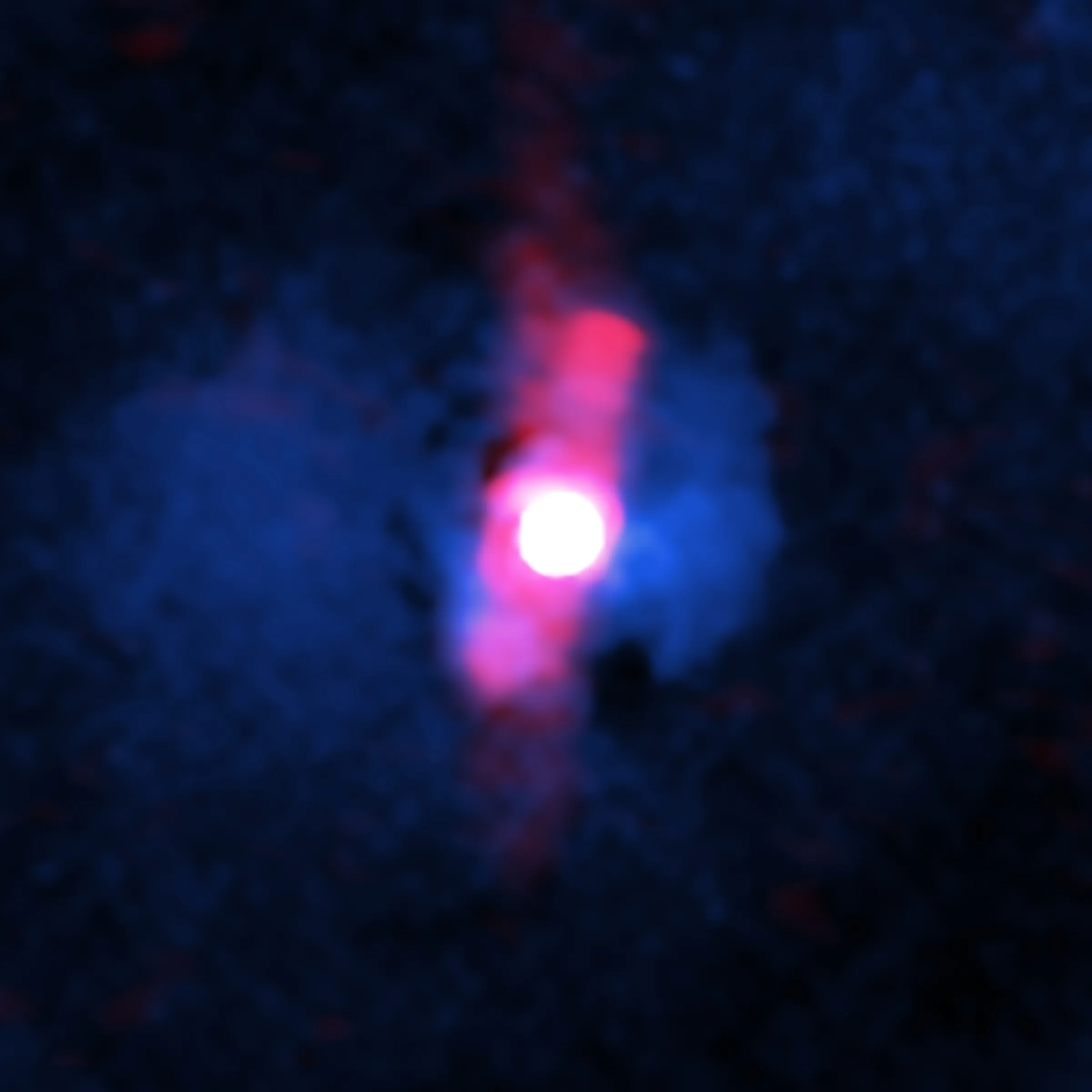
NASA's Chandra Identifies an Underachieving Black Hole - NASA
This image shows a quasar, a rapidly growing supermassive black hole, which is not achieving what astronomers would expect from it, as reported inNASA
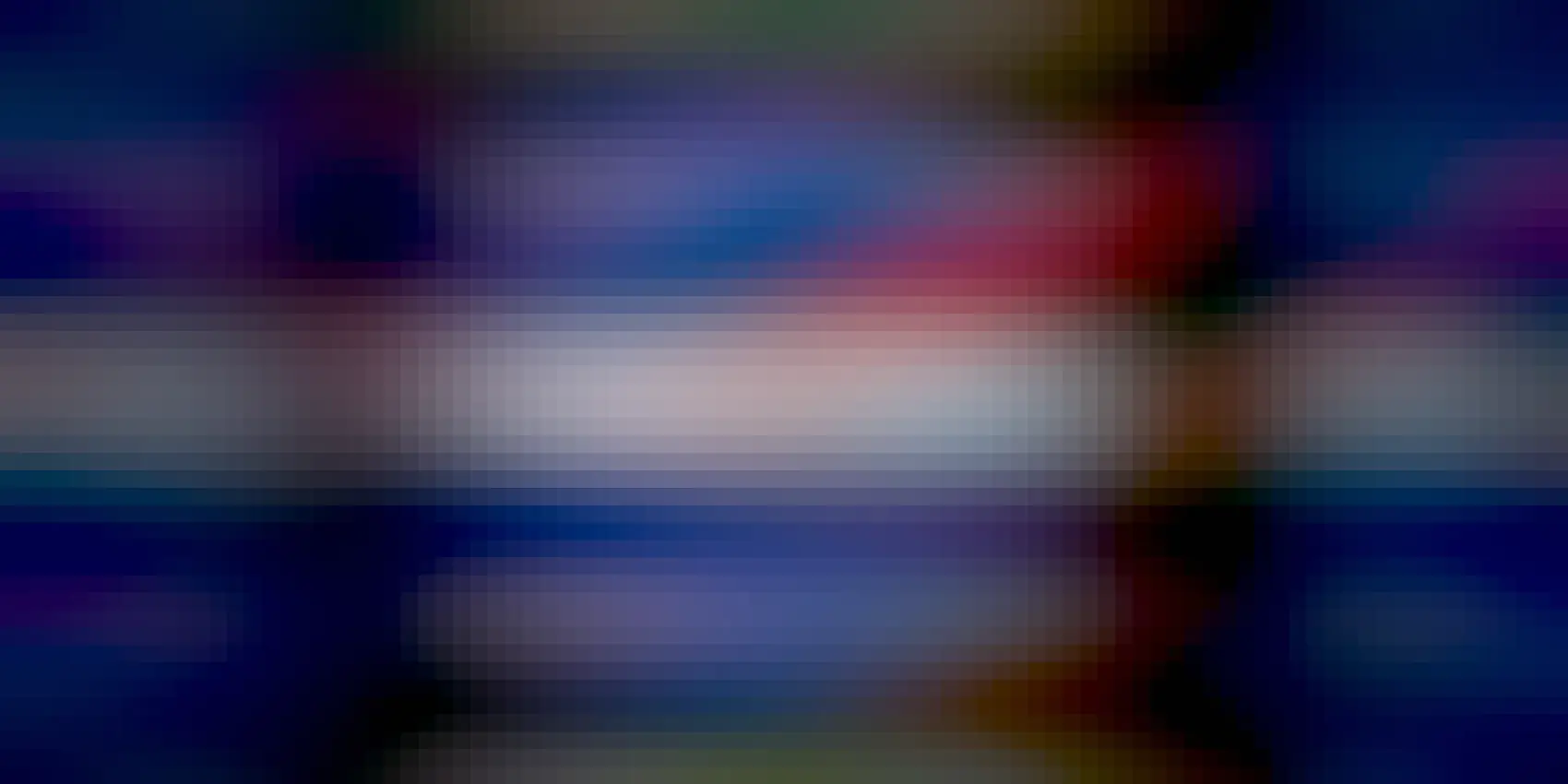
NASA's Hubble Finds that Aging Brown Dwarfs Grow Lonely
It takes two to tango, but in the case of brown dwarfs that were once paired as binary systems, that relationship doesn’t last for very long, according to a recent survey from NASA’s Hubble Space Telescope.science.nasa.gov
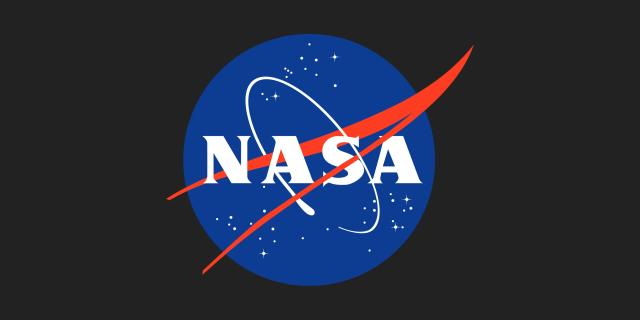
Hubble Views a Galaxy Under Pressure
This NASA/ESA Hubble Space Telescope image shows LEDA 42160, a galaxy about 52 million light-years from Earth in the constellation Virgo.science.nasa.gov
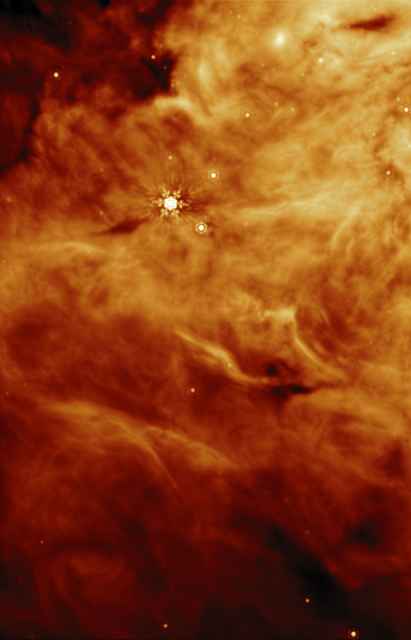
Cheers! NASA’s Webb Finds Ethanol, Other Icy Ingredients for Worlds
What do margaritas, vinegar, and ant stings have in common? They contain chemical ingredients that NASA’s James Webb Space Telescope has identified surrounding two young protostars known as IRAS 2A and IRAS 23385.science.nasa.gov
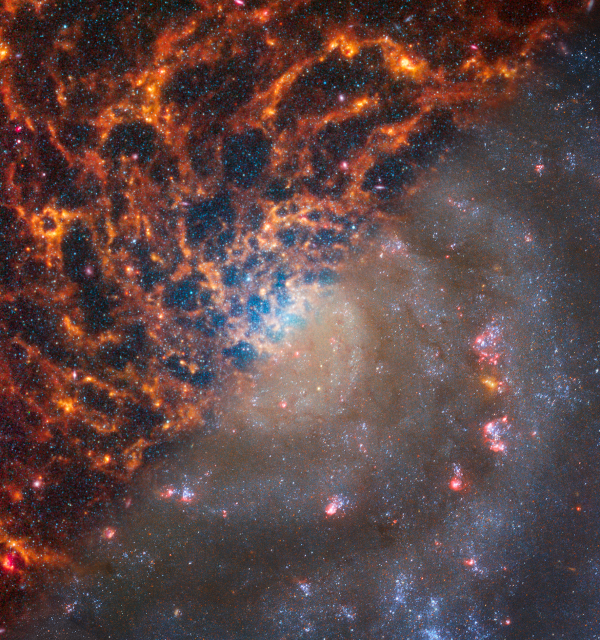
NASA’s Roman Team Selects Survey to Map Our Galaxy’s Far Side - NASA
NASA’s Nancy Grace Roman Space Telescope team has announced plans for an unprecedented survey of the plane of our Milky Way galaxy. It will peer deeper intoAshley Balzer (NASA)
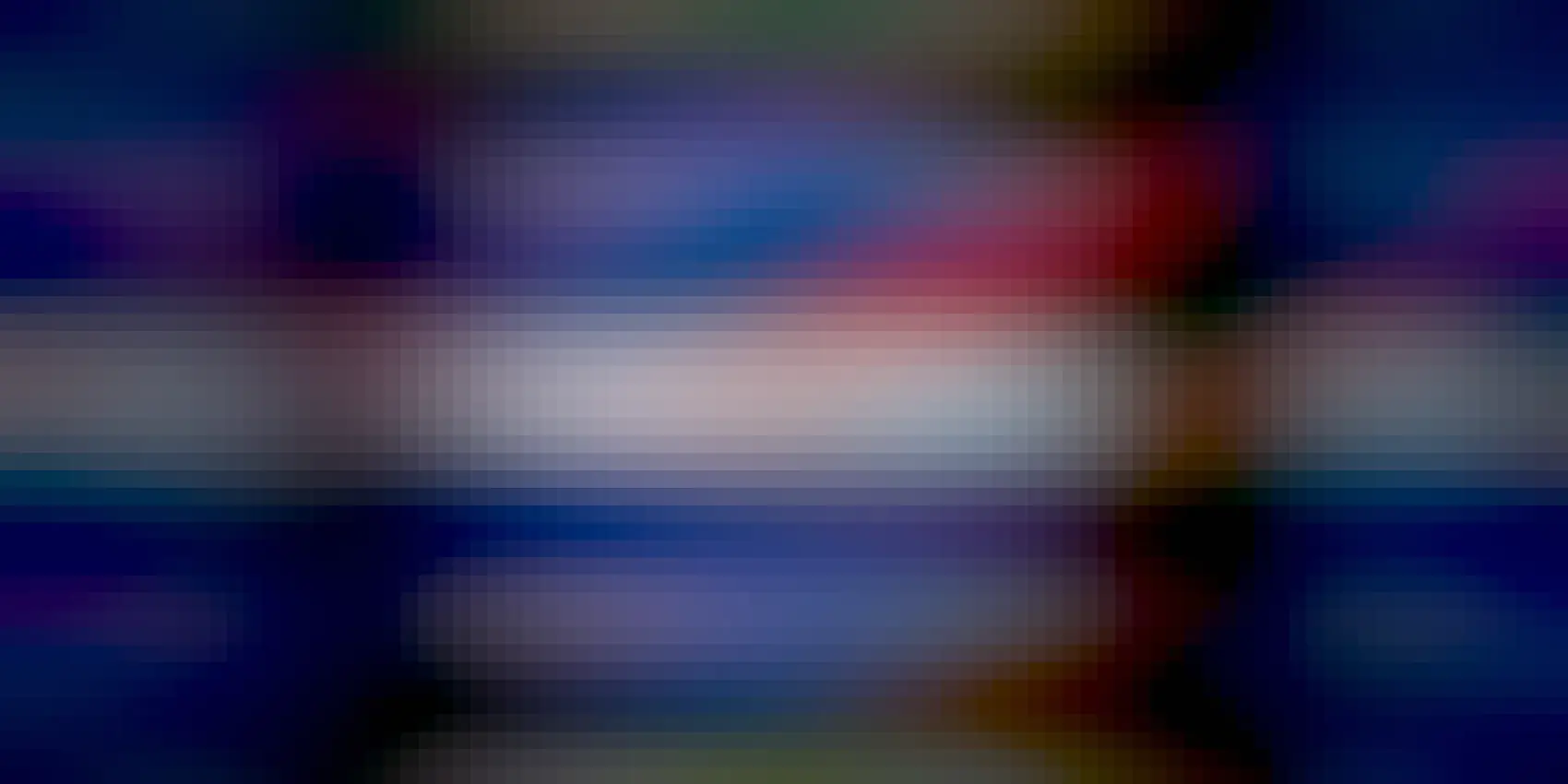
Peering Into the Tendrils of NGC 604 with NASA’s Webb
The formation of stars and the chaotic environments they inhabit is one of the most well-studied, but also mystery-shrouded, areas of cosmic investigation.science.nasa.gov
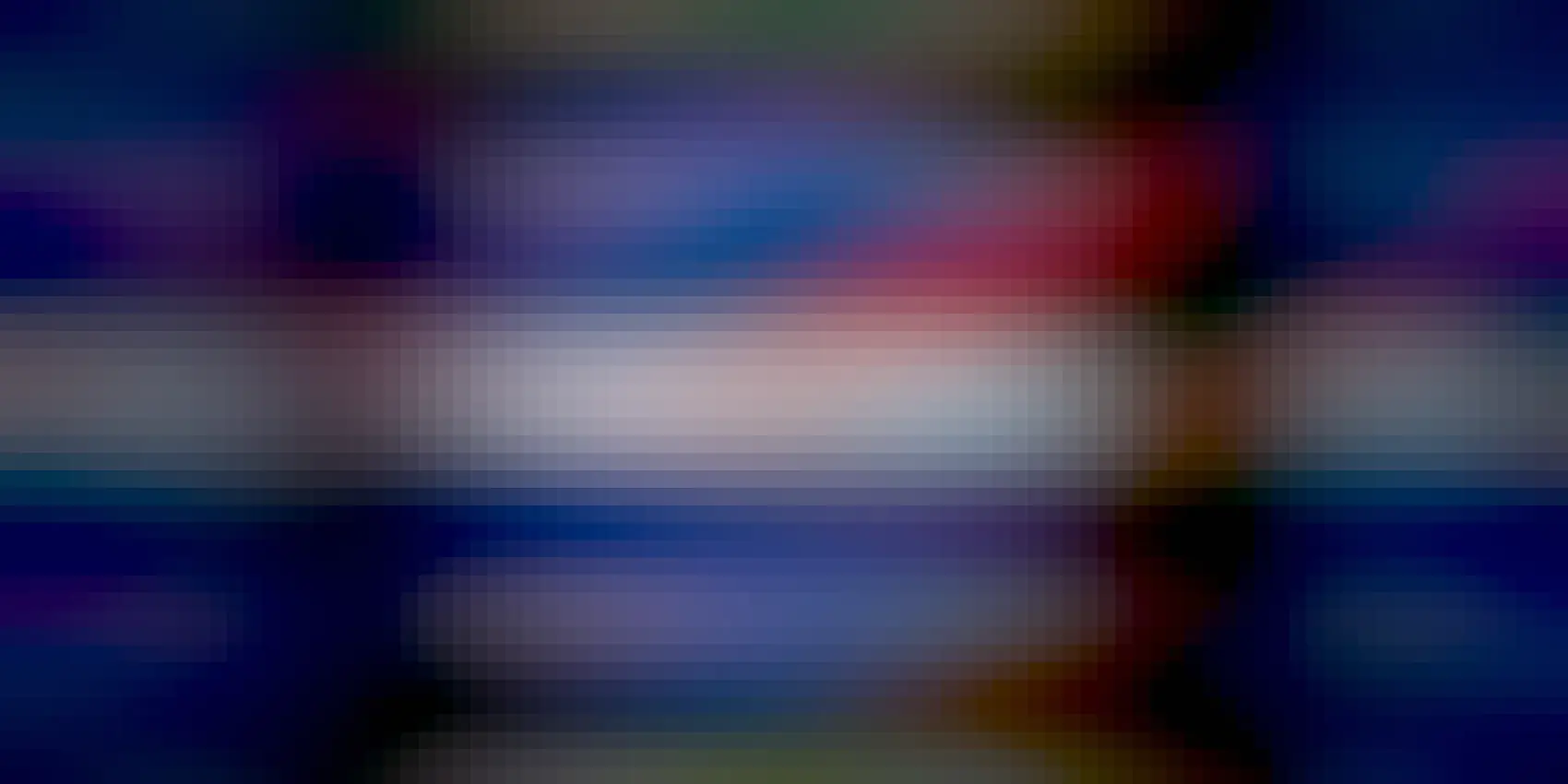
Peering Into the Tendrils of NGC 604 with NASA’s Webb
The formation of stars and the chaotic environments they inhabit is one of the most well-studied, but also mystery-shrouded, areas of cosmic investigation.science.nasa.gov
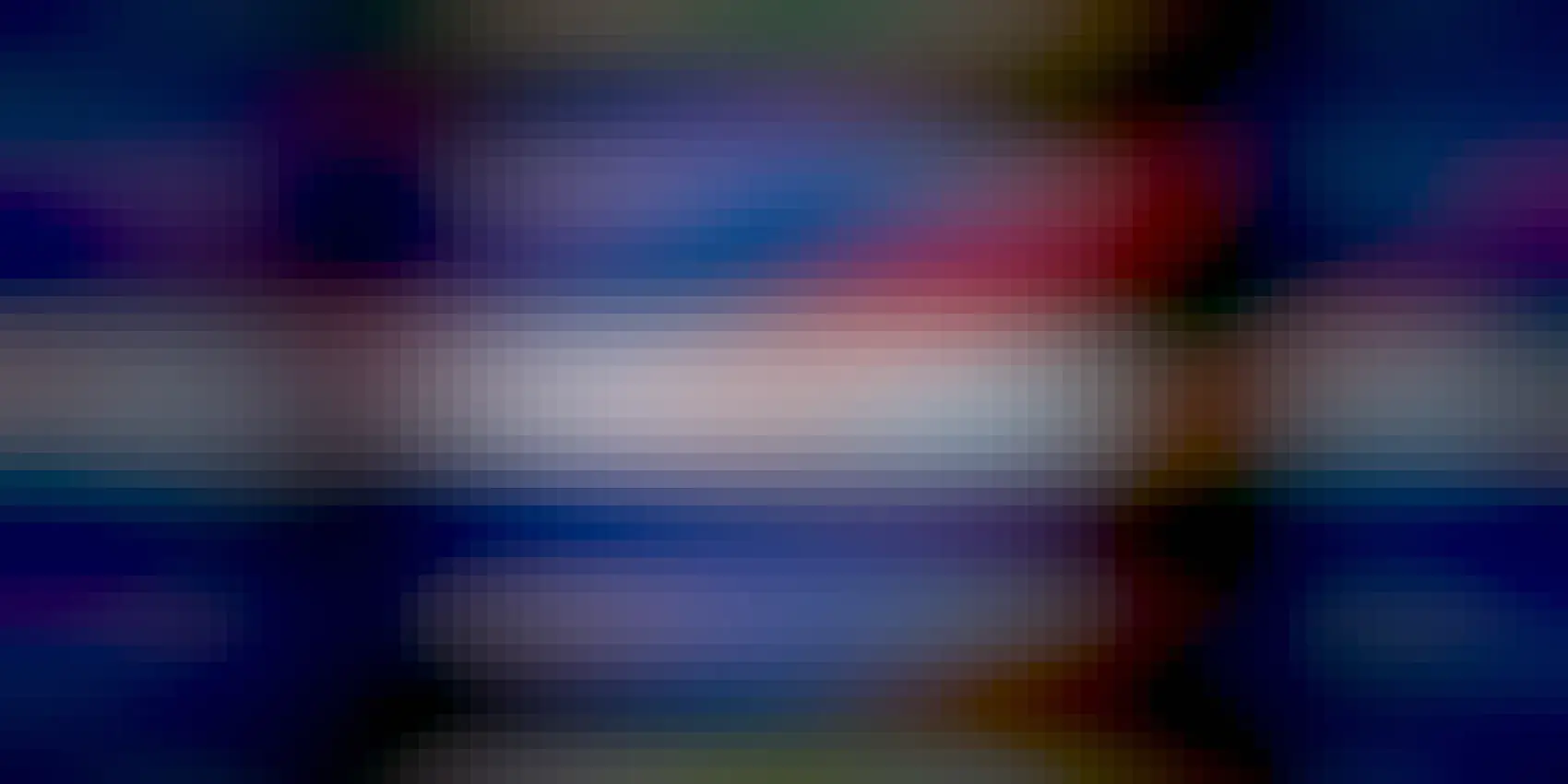
Hubble Sees a Spiral Galaxy Edge-On
This NASA/ESA Hubble Space Telescope image shows NGC 4423, a galaxy that lies about 55 million light-years away in the constellation Virgo.science.nasa.gov
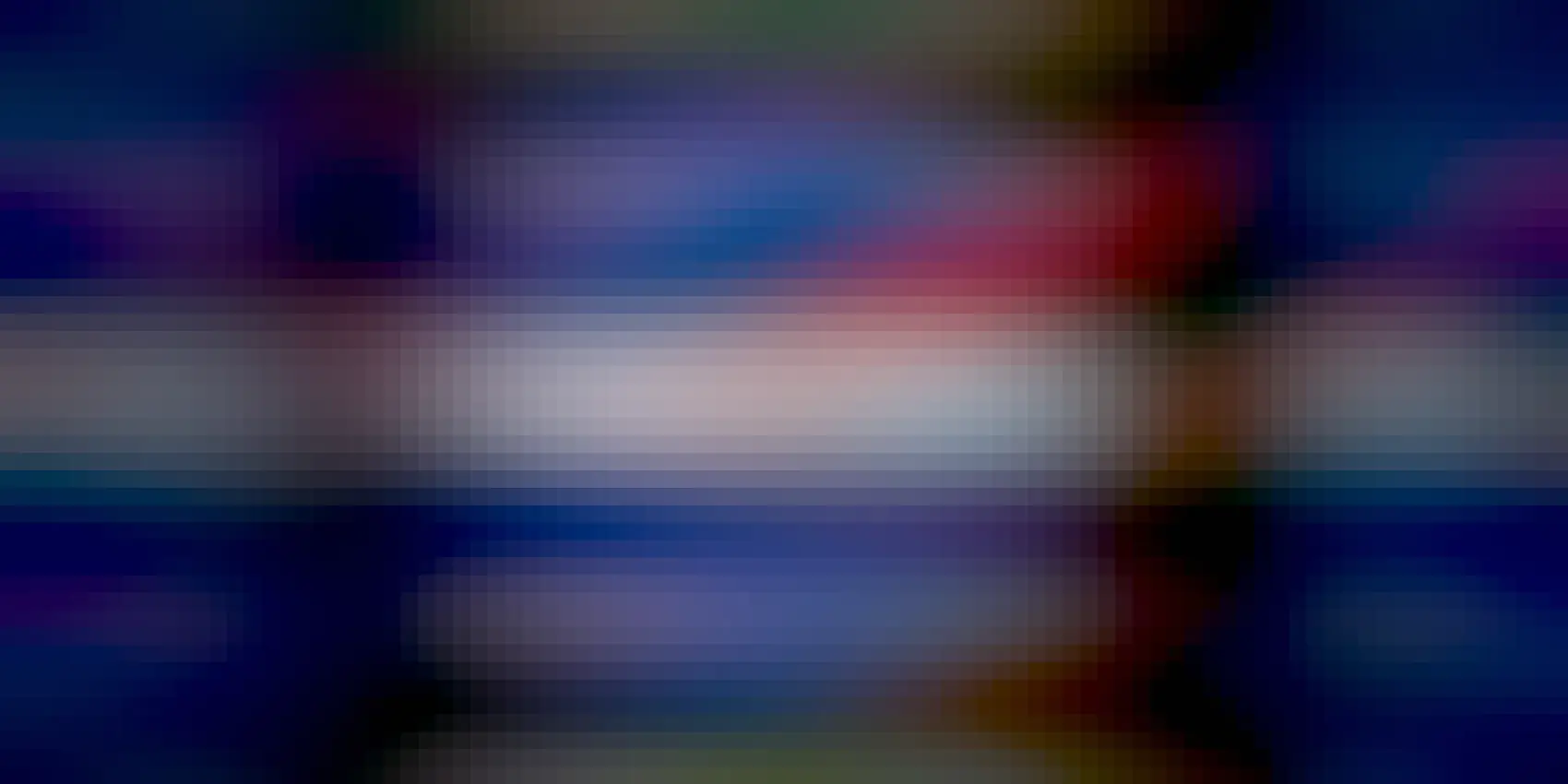
Webb Unlocks Secrets of One of the Most Distant Galaxies Ever Seen - NASA Science
Looking deeply into space and time, two teams using NASA’s James Webb Space Telescope have studied the exceptionally luminous galaxy GN-z11, which existed when our 13.8 billion-year-old universe was only about 430 million years old.science.nasa.gov
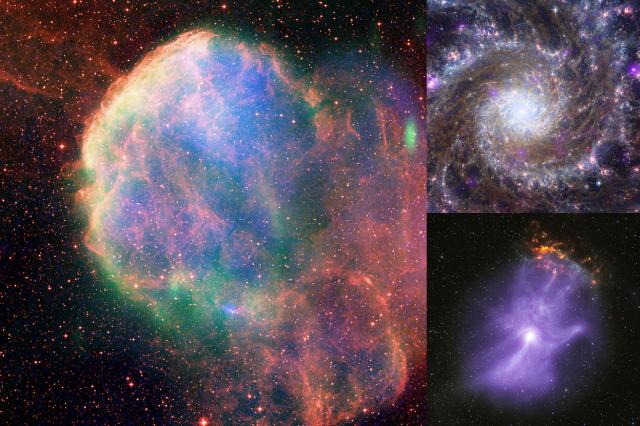
Listen to the Universe: New NASA Sonifications and Documentary - NASA
Three new sonifications of images from NASA’s Chandra X-ray Observatory and other telescopes have been released in conjunction with a new documentary aboutLee Mohon (NASA)
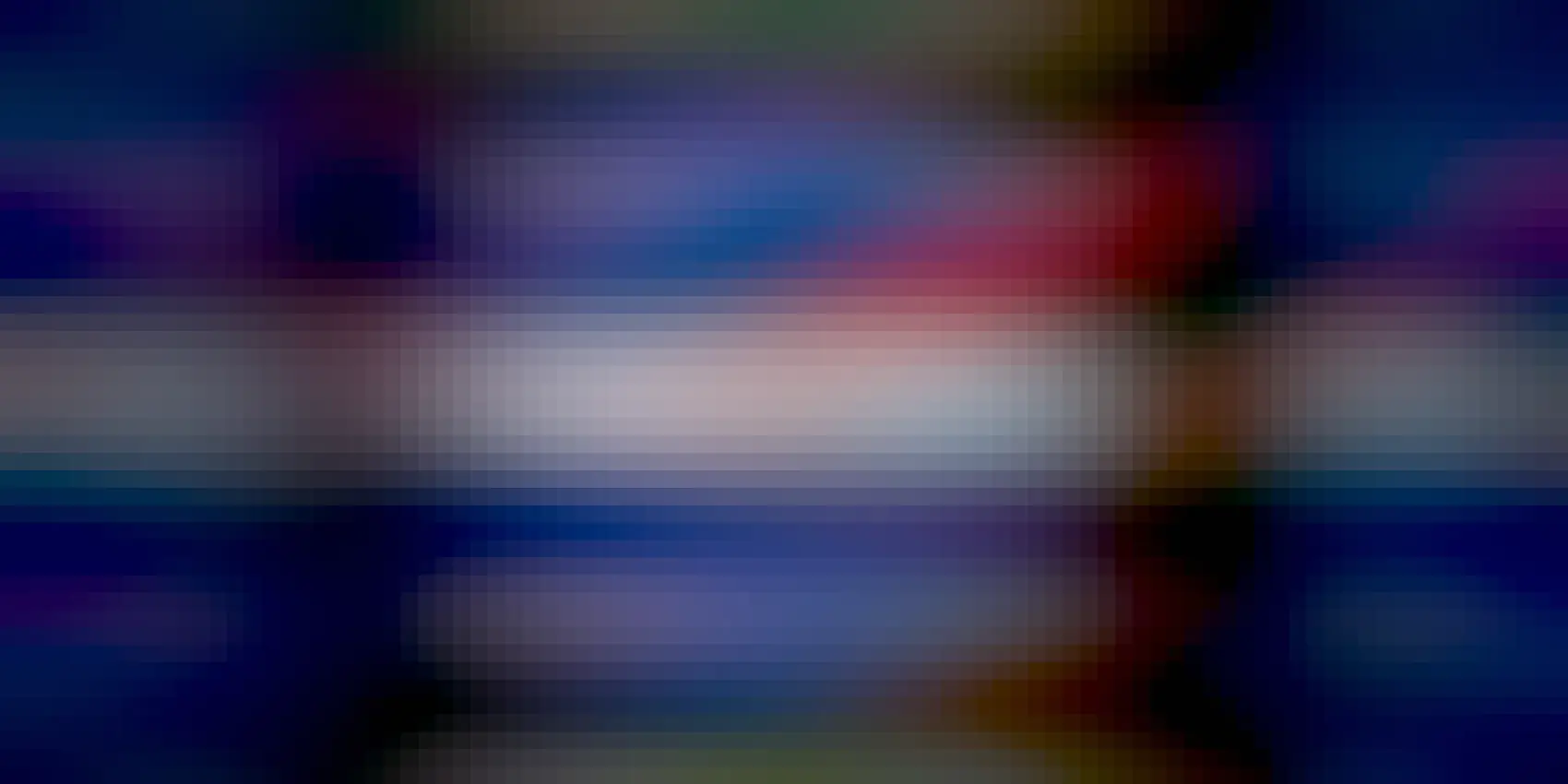
Hubble Views an Active Star-Forming Galaxy - NASA Science
This NASA/ESA Hubble Space Telescope image features IC 3476, a dwarf galaxy that lies about 54 million light-years from Earth in the constellation Coma Berenices.science.nasa.gov
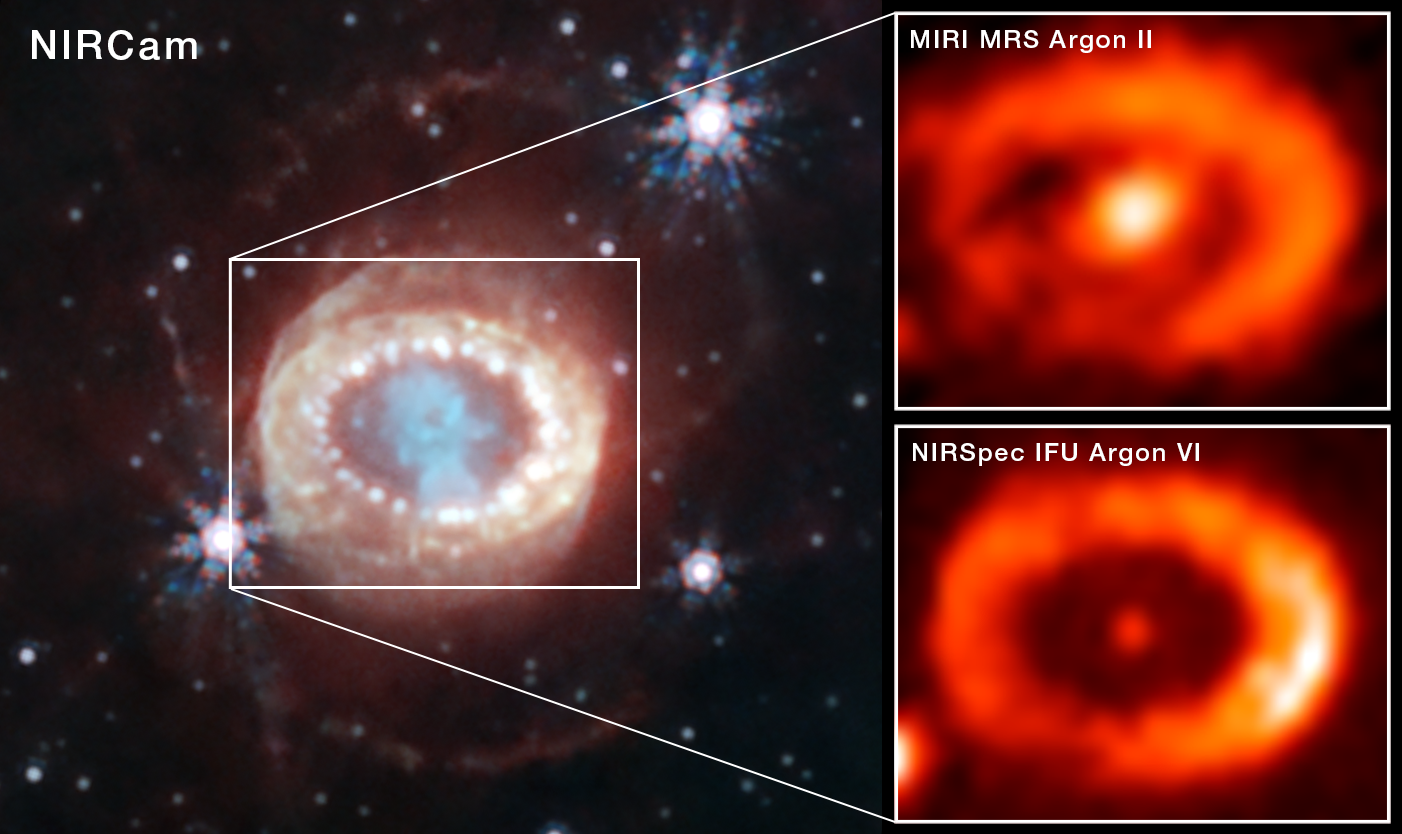
Webb Finds Evidence for Neutron Star at Heart of Young Supernova Remnant - NASA Science
NASA’s James Webb Space Telescope has found the best evidence yet for emission from a neutron star at the site of a recently observed supernova.science.nasa.gov
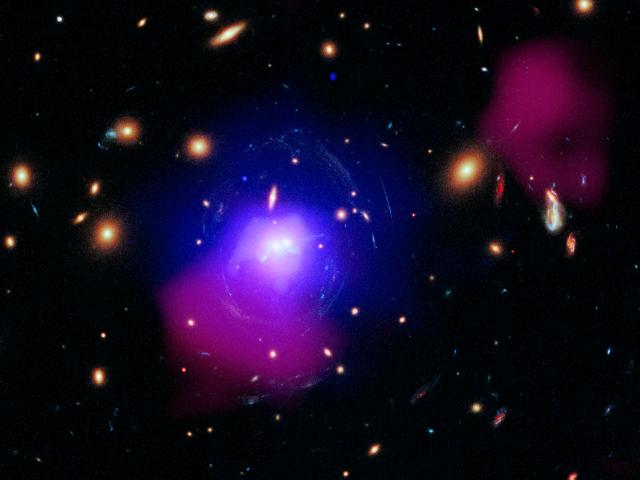
Stellar Beads on a String - NASA
Astronomers have discovered one of the most powerful eruptions from a black hole ever recorded in the system known as SDSS J1531+3414 (SDSS J1531 for short).NASA
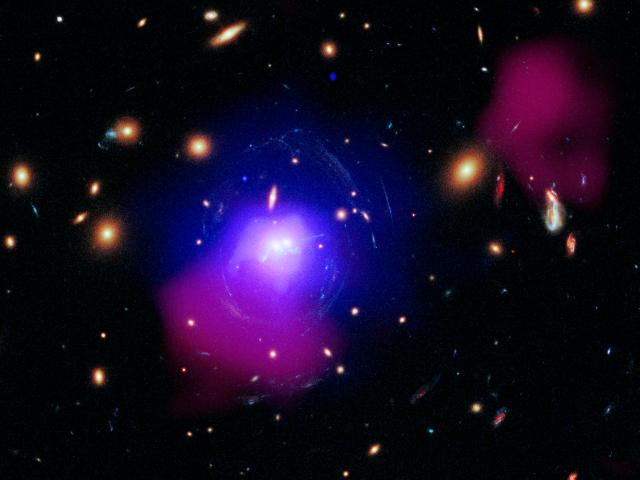
Stellar Beads on a String - NASA
Astronomers have discovered one of the most powerful eruptions from a black hole ever recorded in the system known as SDSS J1531+3414 (SDSS J1531 for short).NASA
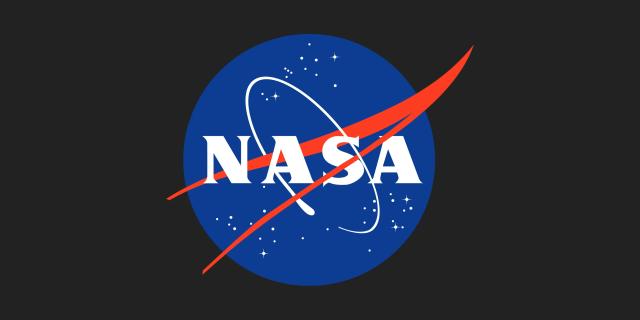
Discovery Alert: Glowing Cloud Points to a Cosmic Collision - NASA Science
Scientists find that a glowing cloud that obscured a star was caused by a cataclysmic collision of two giant exoplanets.science.nasa.gov
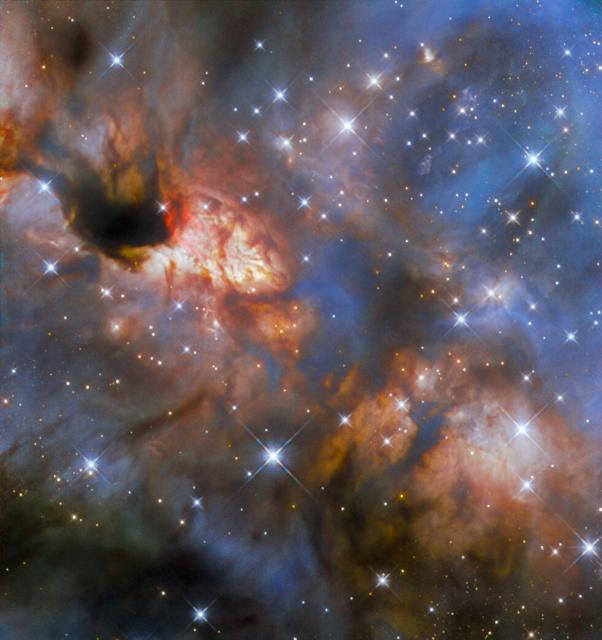
Hubble Views a Massive Star Forming - NASA Science
This image from the NASA/ESA Hubble Space Telescope is teeming with color and activity. It features a relatively close star-forming region known as IRAS 16562-3959, which lies within the Milky Way about 5,900 light-years from Earth in the constellati…science.nasa.gov
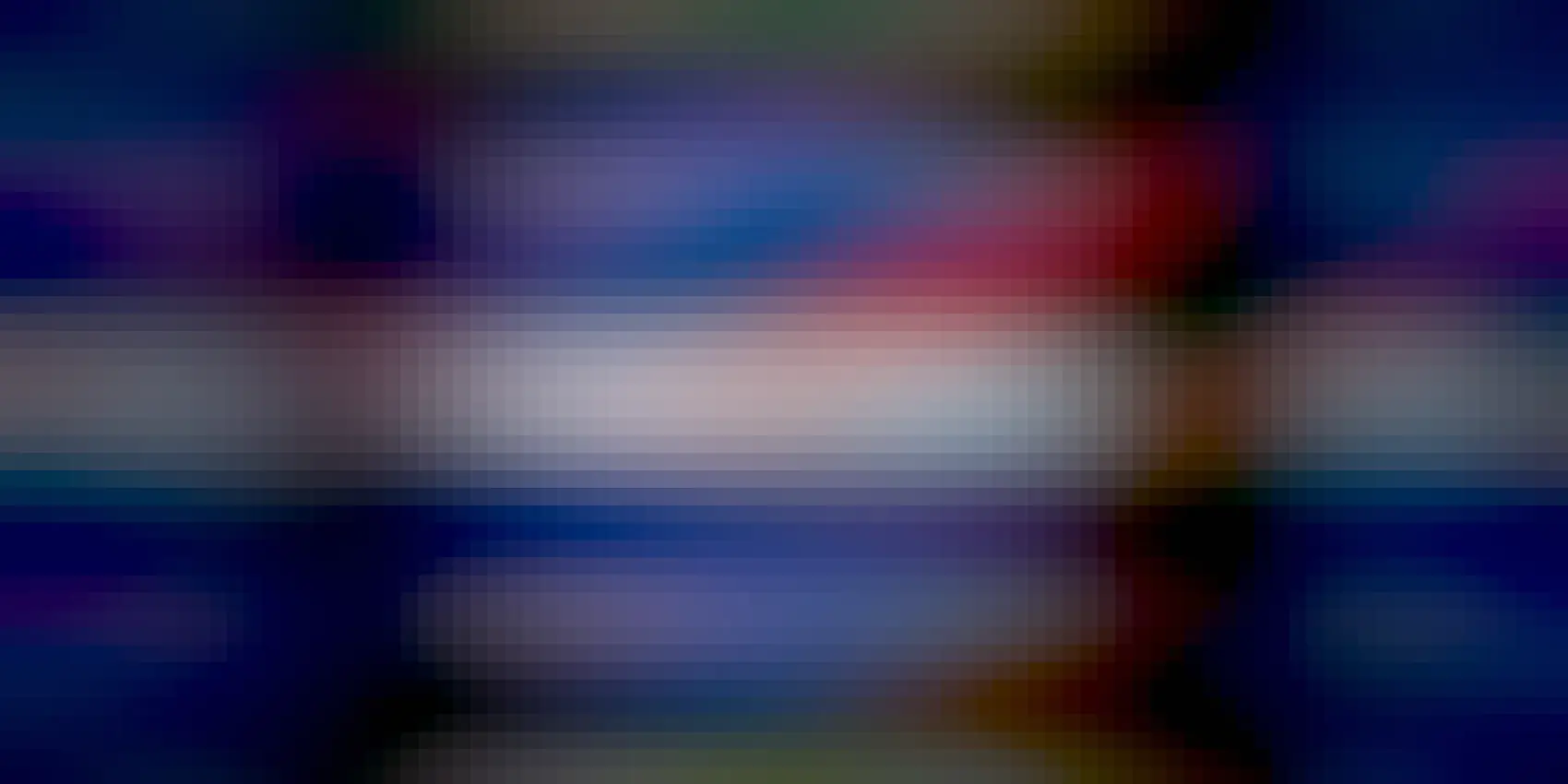
Stars Sparkle in New Hubble Image - NASA Science
This new NASA Hubble Space Telescope view shows the globular cluster NGC 2298, a sparkling collection of thousands of stars held together by their mutual gravitational attraction.science.nasa.gov
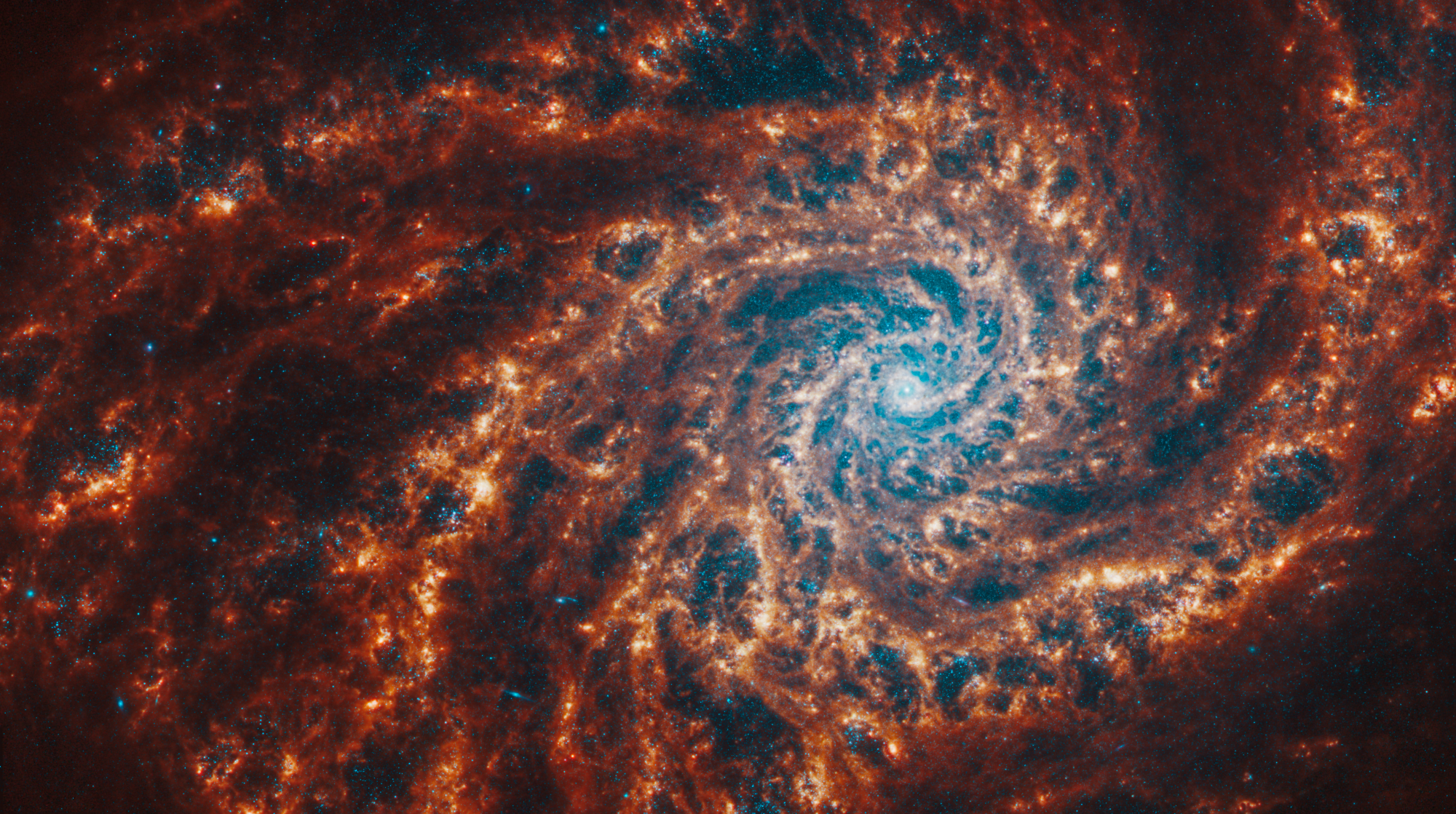
Spiral Galaxy NGC 4254’s Dazzling Swirls - NASA
NGC 4254, a spiral galaxy, is resplendent in orange and blue in this Jan. 29, 2024, image from the James Webb Space Telescope. This is one of 19 nearby spiralNASA
